detail profile axel arenas

Info Pribadi
Peran Yang Di Mainkan Axel Arenas
 Mauricio has inherited his fathers house...
Mauricio has inherited his fathers house...Pink Water 2023
Mauricio has inherited his father's house and travels there to fix its neglect, with the support of his partner Ana. Mauricio harbors deep anger towards his father for abandoning his mother, and his attitude clashes with Ana, who tries to be understanding and patient with Mauricio's difficult behavior despite indirectly receiving his anger. Gradually, they both have to face the question of whether it is love that binds them together or rather, a profound fear of loneliness.
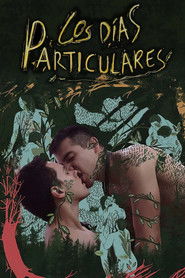 Eight friends travel to a cabin...
Eight friends travel to a cabin...These Peculiar Days 2019
Eight friends travel to a cabin in the woods to celebrate their high school graduation.
 After suffering a violent incident a...
After suffering a violent incident a...Tattoo of Revenge 2018
After suffering a violent incident, a woman decides to become a vigilante, defending every woman who has suffered from physical or psychological abuse.
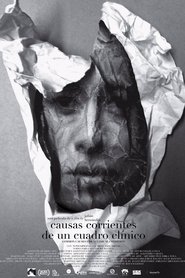 Mara rehearses Antigone the same way...
Mara rehearses Antigone the same way...Common Causes for a Clinical Condition 2016
María rehearses Antigone the same way as she criticizes the government's actions; Ismene listens fearfully just as Irving reluctantly accepts the official version of a lie. Love only has consciousness in its disappearance; in the end the causes will be known, and only the memory of those who refuse to forget will be left with no consequence.
 Carlos sweeps and mops the floor...
Carlos sweeps and mops the floor...Trembling 2015
Carlos sweeps and mops the floor of an old-time barbershop. The day before Independence Day, among the customers is Julio. Their eyes meet, and when the barbershop closes Julio comes back for Carlos. They spend the night together, eating, chatting and even dancing, knowing full well that this encounter will be brief and short-lived.
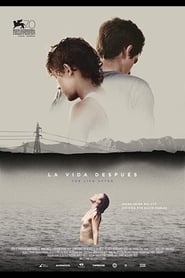 Two brothers Samuel and Rodrigo live...
Two brothers Samuel and Rodrigo live...The Life After 2013
Two brothers, Samuel and Rodrigo, live with their mother in a suburban town. One day the mother, who has mental health problems, disappears leaving nothing behind but a note. David Pablos is a young Mexican filmmaker, born in 1982. His first short film, El mundo al atardecer, was made in 2007. La canción de los niños muertos (2008) was his second short film; he presented his first feature-length film Una frontera, todas las fronteras (2010) at the Berlinale Talent Campus before coming to Venice with his second film, La vida despues, for the 70th Venice International Film Festival.
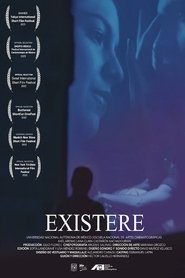 Horacio a lonely young man cornered...
Horacio a lonely young man cornered...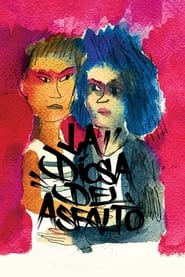 Max returns to her slum turned...
Max returns to her slum turned... The love of his life hates...
The love of his life hates...